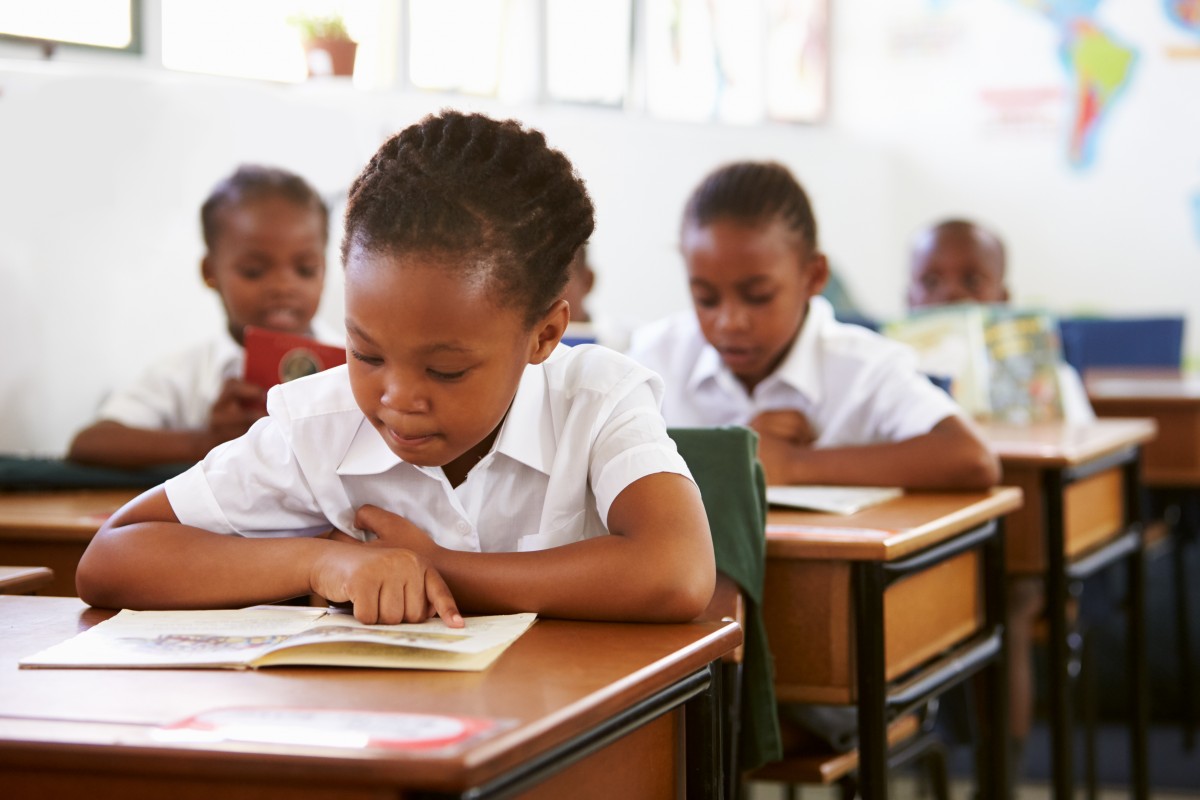Children used to start learning English and translating english to russian in the fourth or fifth grade, but now classes begin in the second, and sometimes in the first grade. At the same time, the teaching methodology has not changed much: training begins with the same topics and elements as in the schools of the Soviet period. At the same time, the ways of thinking of a seven or eight-year-old child are fundamentally different from the ways of thinking of a child of ten or eleven years of age.
Babies can’t think logically. The skills of analysis and synthesis have not yet been formed. However, by the age of eleven or twelve, the child has already fully mastered the “adult” ways of reasoning: he begins to understand the differences between cause and effect, to separate the part from the whole, the concept from the object, the class of things from its individual representative, and so on.
It follows from this that in the first and second grades, the forms of presentation of educational material should be completely different from those used when working with students of middle and senior school age. In fact, they are exactly the same.
Teaching a small child English grammar is useless. English is an analytical language, and thinking logically is simply necessary to master its grammar. The first-grader, however, does not yet possess this mental skill.
At the same time, this statement does not mean that you need to start learning English and translating english to french at a later age. In some intellectual aspects, the baby will give shape to the adult! The memory of a small person, unlike an adult, is not yet crammed with terabytes of unnecessary information: there is still a lot of free space. This allows the child to memorize new information very quickly, and in large volumes.
Nevertheless, it must be taken into account that a younger student can memorize quickly and a lot only on the condition that the learning process proceeds in a natural way, that it turns out to be imperceptible to him. Through cramming, children do not remember anything or remember only for a short time.